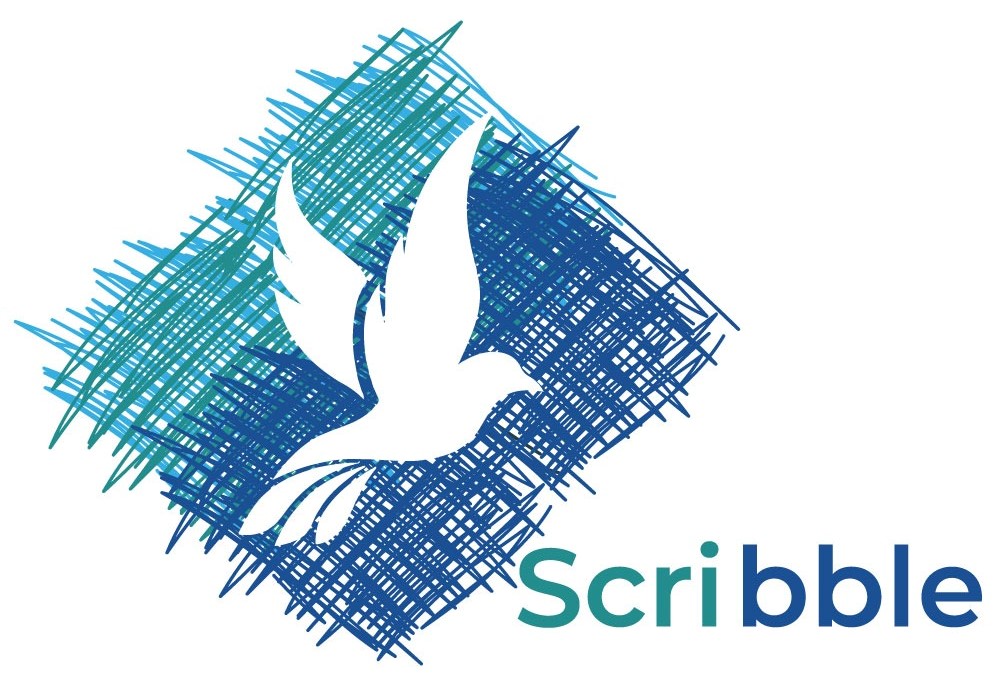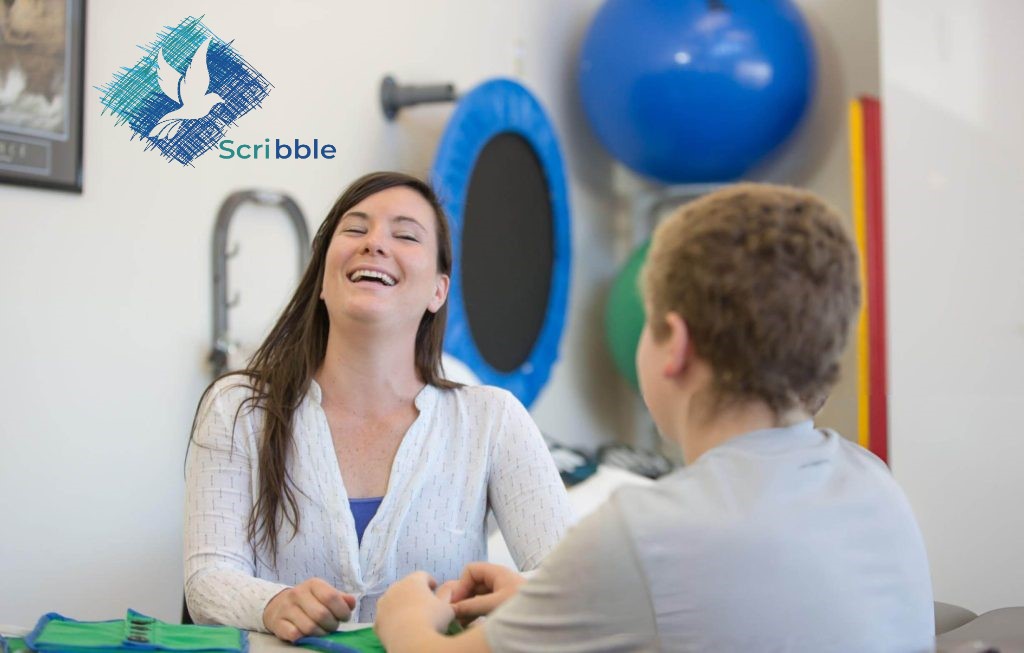A Psychosocial Recovery Coach is an NDIS service provider dedicated to supporting people with a psychosocial disability. Specifically, psychosocial disability means mental health conditions that negatively impact a person’s functionality in life. Disabilities at this level include schizophrenia, bipolar disorder, severe anxiety, and depression, among others. Moreover, the recovery coach facilitates the recovery process of such a person by enhancing resilience and, consequently, working towards achieving set goals and living a confident life.
Key Responsibilities of a Recovery Coach
1. Individual Support
One of a recovery coach’s primary duties is crafting and carrying out individualised treatment programs for participants. Additionally, each participant’s specific needs, objectives, and preferences are considered when creating these plans. To create a recovery path plan, the coach works closely with the participants to understand their goals, obstacles, and strengths. Consequently, this collaborative effort ensures that the recovery plan is both effective and tailored to the individual.
2. Coaching/Mentoring
Recovery Coaches provide ongoing coaching and mentorship, along with practical advice and emotional support. They help participants develop essential dealing, problem-solving, and interpersonal relations skills. Such coaching is very important in aiding participants in effectively managing their mental health conditions and more competently dealing with daily challenges.
3. Navigational Assistance
The mental health system is complex to navigate. Recovery Coaches assist participants in understanding and accessing various services, supports, and resources that will be available to them. It links participants with healthcare providers, community services, and support groups. Through this navigation, coaches ensure the participant can make informed decisions regarding care and support.
4. Empowerment
The Recovery Coach fosters ownership and control over the participant’s life by empowering them to take charge of their recovery process. Specifically, coaches support building confidence and selfesteem through self-advocacy and independence. Additionally, they help participants develop resilience when dealing with adversity and pursuing goals.
5. Community connection
It is one of the critical challenges for most people living with psychosocial disabilities. Psychosocial Recovery Coaches help individuals connect with others and get involved in their communities. They also help the participant find ways to get involved in the community, such as volunteering, joining clubs, or attending other events. These relationships play a critical role in promoting social inclusion and, consequently, improving general well-being.
Interaction with NDIS Support Coordinators
While Recovery Coaches support participant needs regarding psychosocial disabilities, the role of the NDIS Support Coordinators is much broader, supporting people with various kinds of disabilities. Within the NDIS setup, both are significant and often work together to support the participant completely. Additionally, support coordinators work with the participant to understand and work on the NDIS plan, which includes identifying appropriate supports and services and coordinating those supports to ensure that the participant has received all the necessary assistance. It may involve arranging therapy sessions, managing service agreements, or, Moreover, ironing out problems that may crop up with the service providers.
Benefits of Psychosocial Recovery Coaching
1. Enhanced Mental Health Outcomes
Recovery Coaches are essential in improving participants’ mental health outcomes. The recovery coach can help the participants manage their conditions more effectively, lessen their symptoms, and enhance their overall well-being with one-on-one coaching and mentoring.
2. Greater Independence
Recovery coaches empower and enable participants. Their goal is to equip individuals with sufficient self-assurance and competencies to manage daily responsibilities, make wise choices, and eventually take charge of their own lives.
3. Improved Quality of Life
This holistic approach by Psychosocial Recovery Coaching significantly improves the quality of life among participants. Coaches help people lead full, meaningful lives by addressing their mental health needs, fostering social connections, and engaging in community activities.
4. Better Navigation of the Mental Health System
It can be very daunting to navigate the mental health system; however, the recovery coach does have a valuable role to play in navigating. The Psychosocial Recovery Coach guides participants through the complexities of services and supports, thereby enabling them to access what they need without additional stress or confusion.
Conclusion:
In conclusion, psychosocial recovery coaches are part of the NDIS framework and provide specific support to people with a psychosocial disability. This work will go toward the individual recovery plan, coaching, mentoring, system navigation, empowerment, and community connection. Thus, in this aspect, they collaborate with the support coordinators to bring holistic and integrated support to participants seeking mental health outcomes, independence, and an overall better quality of life.
Read More: Impact Of Psychosocial Recovery Coaching In Melbourne

